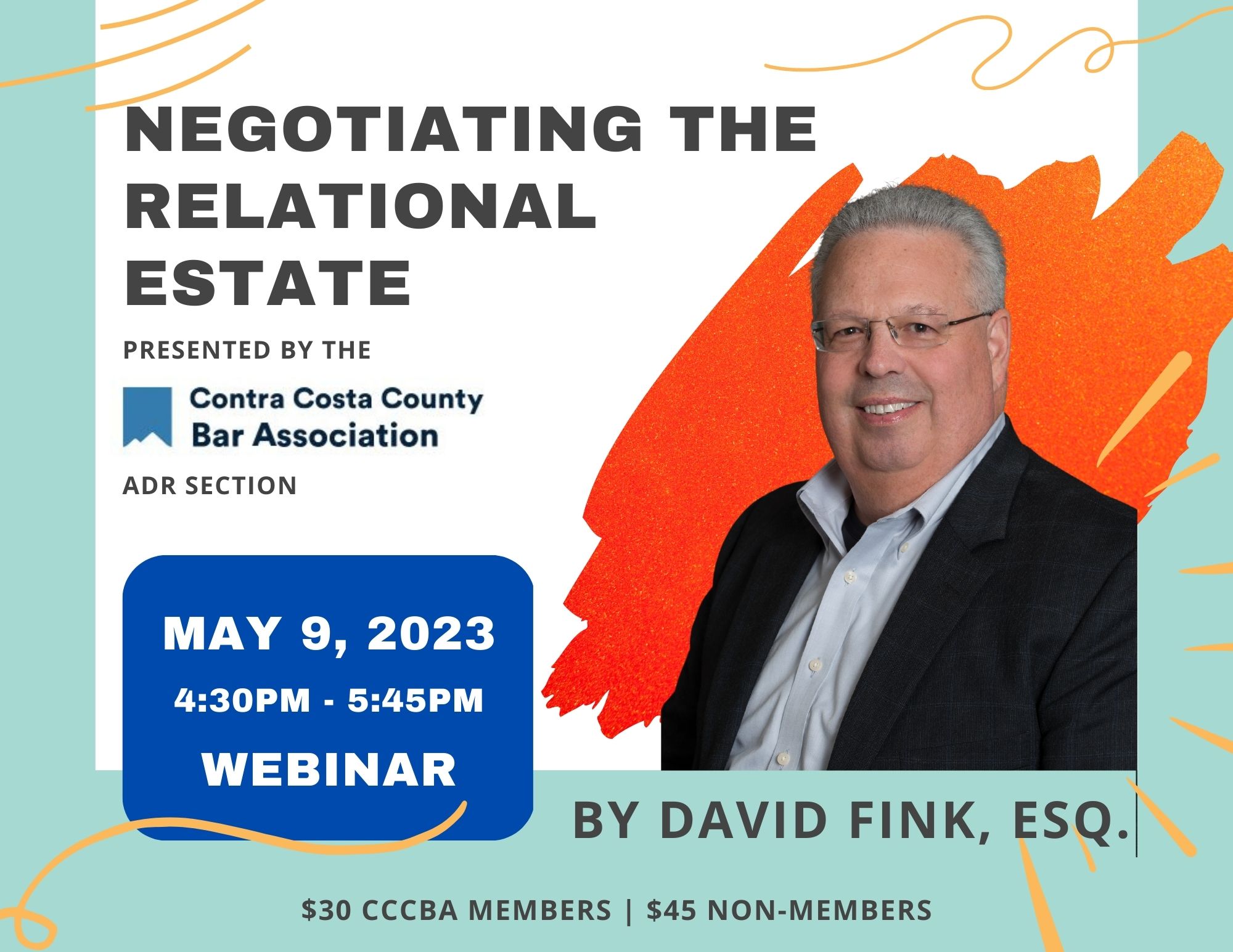Negotiating the Relational Estate
The ultimate goal of mediation (and other models) is the consensual resolution of a dispute. The decision to settle for each party involved is a dynamic process and requires a convergence of various elements. Real life disputes between humans, and the way we think about resolving a conflict, always involves emotions and relationships.
While legal professionals are trained to focus on the legal and financial rights of the disputants, disputes between family members or others with whom a disputant is (or has been) in a close relationship may place significant value on the relationship itself, recognizing, and sometimes desiring, that the relationship may very well continue after the dispute is resolved. This is inconsistent with our legal system, which is not designed to focus on “feelings” and the intangible elements of a pre-existing inter-personal relationship between parties. Rather, in most cases, we treat the other side as the “enemy” or “adversary,” and we effectively presume there will be no need for a functioning relationship between the disputants when the fight is over. This program will explore how part of our duty to our clients is to recognize and advise our clients about the emotional and relational elements that can come into play in consensual dispute resolution, particularly in family disputes.

